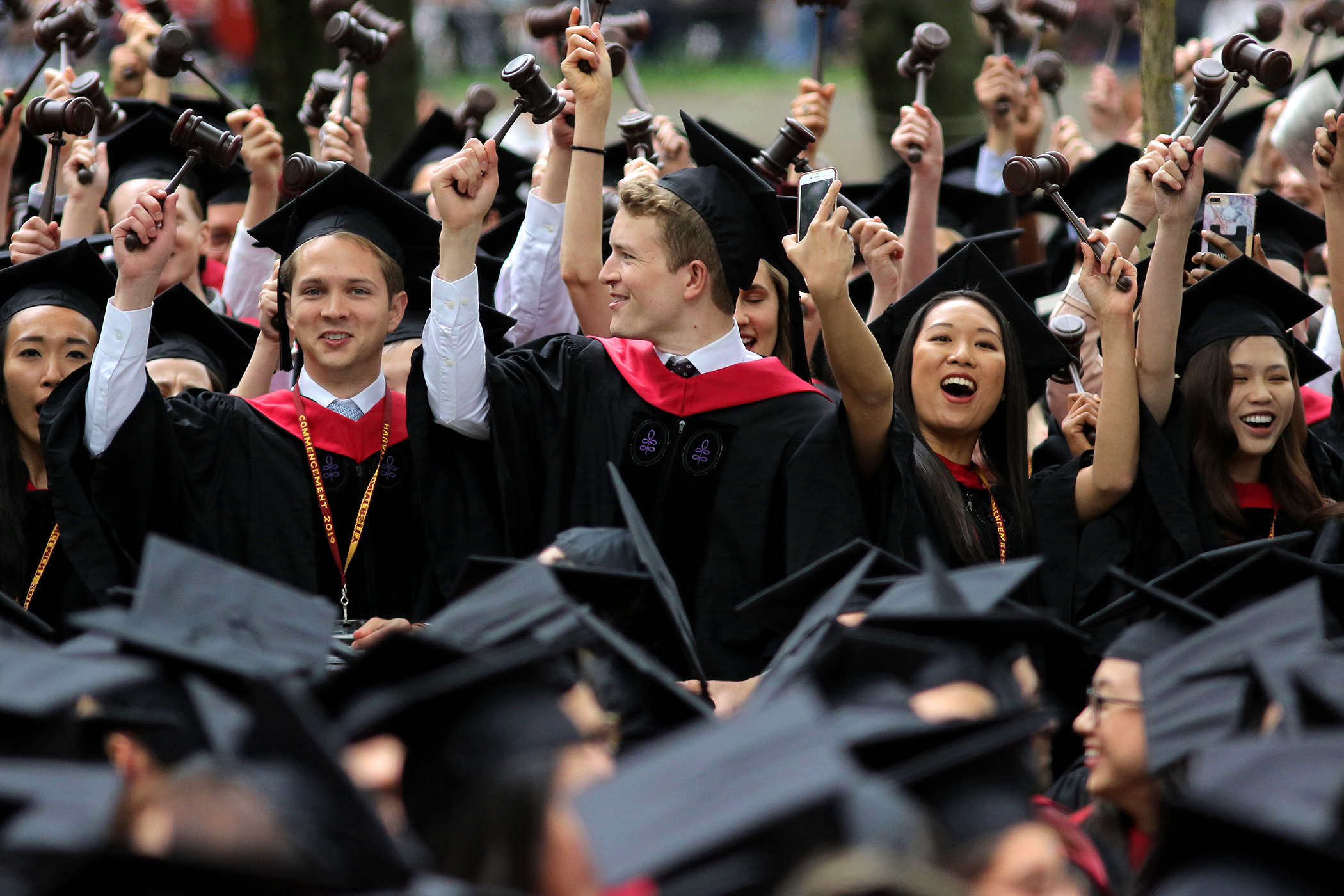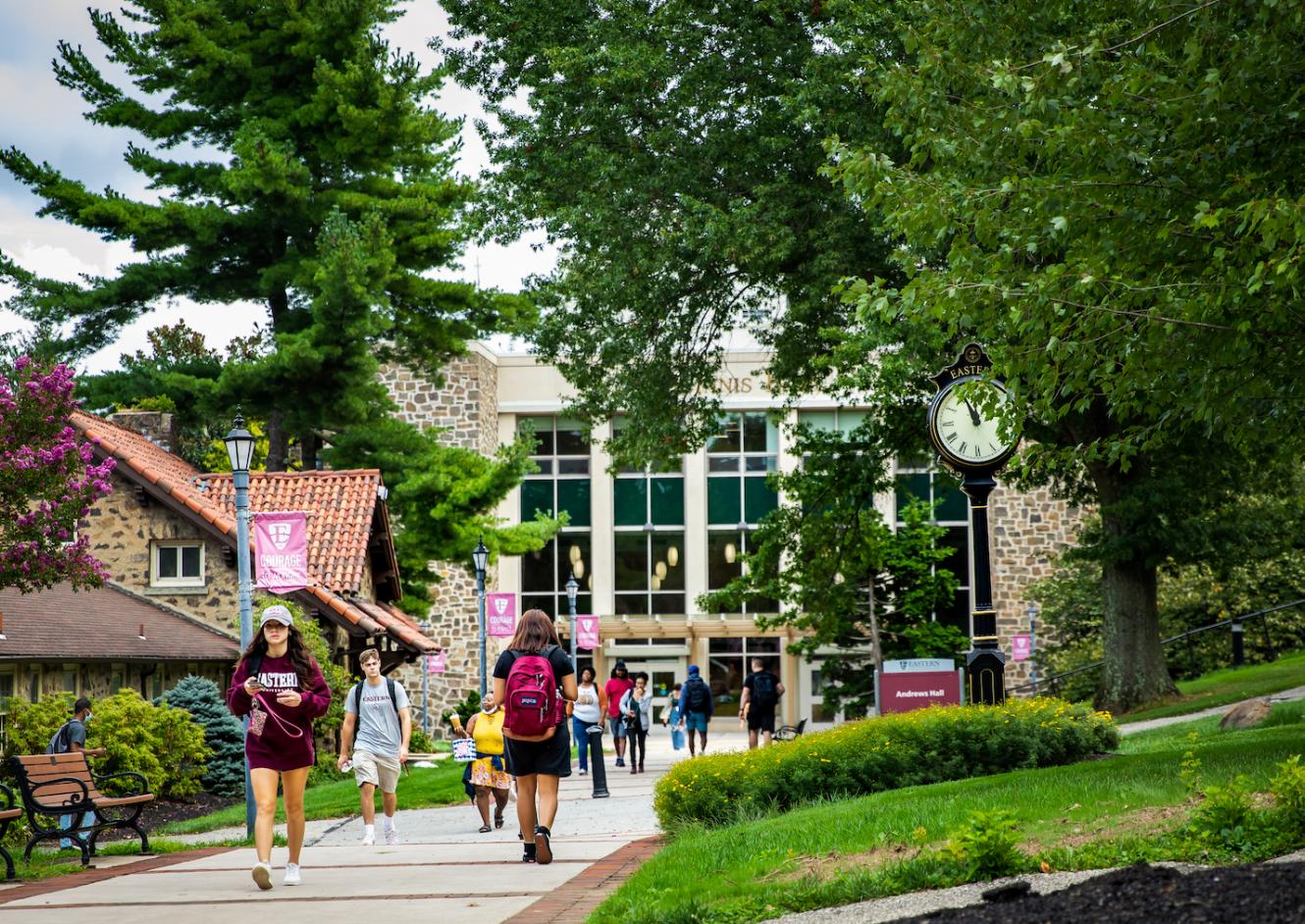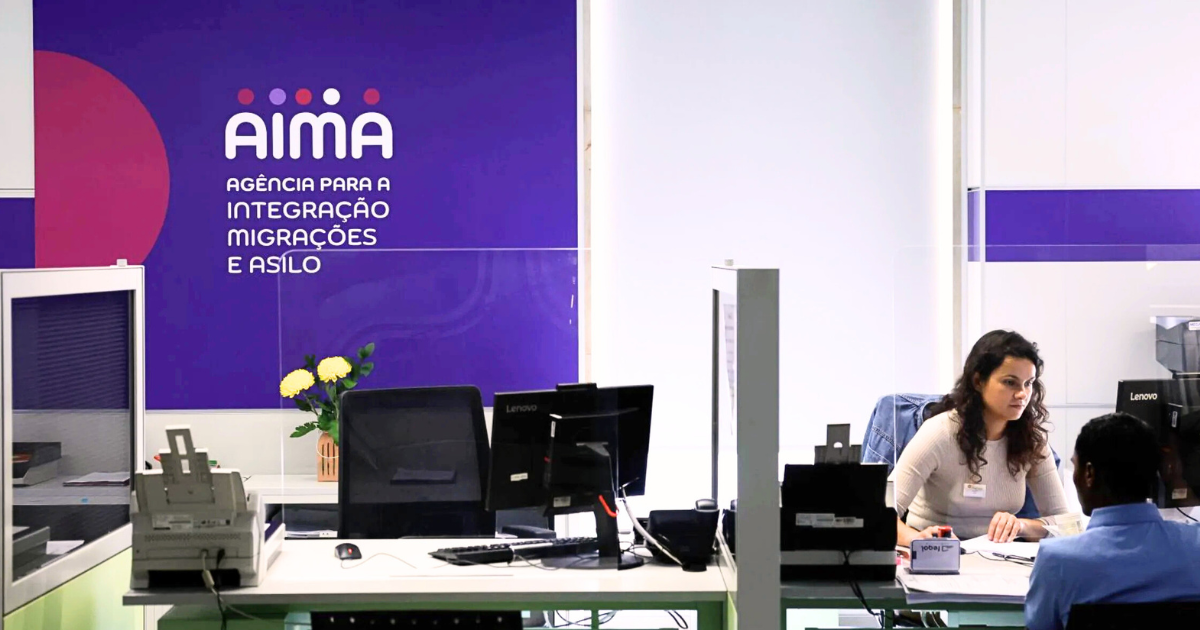The Real Deal on Part-Time Gigs When You Study Abroad in the US
For many international students, the dream to study abroad in the US is intertwined with the practical need to earn some extra money. A part-time job can ease the financial burden. It can also offer invaluable work experience. However, the rules and realities of working while on a student visa are often misunderstood. Many students are unaware of the nuances that can make a significant difference in their experience. This article will uncover five things you probably don’t know about part-time jobs while you pursue your American education. We will delve into the specifics that go beyond the general advice. This will provide you with a clearer picture of what to expect and how to make the most of your time in the United States.

1. On-Campus Work is More Than Just the Bookstore
When you think of on-campus jobs, the university bookstore or cafeteria might come to mind. These are indeed common options for students. But the scope of on-campus employment is much broader. It can be a gateway to experiences directly related to your field of study. Many universities have commercial businesses operating on their premises. These can include coffee shops, credit unions, or even restaurants. As long as these establishments provide services to students and are located on campus, they are often considered on-campus employers.
Your Future Career Can Start with an On-Campus Job When You Study Abroad in the US
Beyond the usual service jobs, universities are hubs of research and innovation. This creates a variety of skilled on-campus employment opportunities. You could work as a research assistant in a lab. This would align perfectly with your science or engineering major. If you are a computer science student, the university’s IT department might have openings. These roles offer more than just a paycheck. They provide hands-on experience in your chosen field. This can be a significant boost to your resume after graduation. Don’t limit your search to the obvious places. Explore departmental websites and university job boards for these hidden gems.
2. “Volunteering” Can Sometimes Be Considered Unauthorized Work
Many students believe that volunteering is a great way to gain experience and give back to the community. While this is true, it is crucial to understand the legal definition of “work” under US immigration law. For an F-1 visa holder, any activity for which a person would normally be paid is considered employment. This means that even if you are not receiving a salary, some unpaid internships or volunteer positions could be deemed unauthorized employment. This can have serious consequences for your visa status.
Before you commit to any unpaid position, it is essential to consult with your Designated School Official (DSO). They can help you determine if the opportunity aligns with your visa regulations. Some unpaid internships may be permissible under specific programs. These include Curricular Practical Training (CPT). However, you must obtain the proper authorization beforehand. Understanding this distinction is vital to protect your legal standing while you study abroad in the US.
3. Your Social Security Number (SSN) is Not an Automatic Work Permit
A common misconception among international students is that obtaining a Social Security Number (SSN) automatically grants them the right to work off-campus. This is not the case. An SSN is a nine-digit number that the US government uses to track your earnings and is necessary for employment. However, you can only apply for an SSN if you have a job offer and are authorized to work.
The process typically involves securing an on-campus job or receiving authorization for off-campus work through programs like CPT or Optional Practical Training (OPT). With a valid job offer and the necessary authorization from your DSO, you can then apply for an SSN. Think of the SSN as a tool for employment, not the permission itself. It is a crucial step in the process of getting paid, but it follows, rather than precedes, work authorization.
4. You Can Be Your Own Boss (Under Specific Conditions)
The idea of starting a business or freelancing while studying in the US is appealing. However, for F-1 students, this is a complex area. In general, you cannot start your own business or engage in freelance work for a US-based company without specific authorization. This is because such activities are considered self-employment, which is not permitted under the standard F-1 visa rules for part-time work.
However, there are some exceptions. For instance, work performed for a foreign company, where the payment is also made abroad, might be permissible. Additionally, students who are authorized for post-completion OPT have more flexibility. They can sometimes start their own business, provided it is directly related to their field of study. Before considering any form of self-employment, it is imperative to seek guidance from your DSO and an immigration attorney to ensure you are compliant with all regulations.
5. Your Part-Time Job Can Lead to Future Sponsorship
While most on-campus and part-time off-campus jobs are temporary, they can be strategic stepping stones for your future career in the US. The connections you make and the skills you develop can be invaluable. A part-time job or internship is an excellent opportunity to impress an employer. If you prove to be a valuable asset, they may be willing to sponsor you for a work visa, such as an H-1B, after you graduate.
Think of your part-time work as an extended interview. It is your chance to demonstrate your work ethic, skills, and cultural fit within an American workplace. Building a strong professional network during your time as a student can open doors to long-term employment opportunities. This is a significant long-term benefit of working part-time that goes far beyond the immediate financial gains. Your journey to study abroad in the US could be the first step towards a successful professional life in the country.
Follow us on social media and website for more insights!









